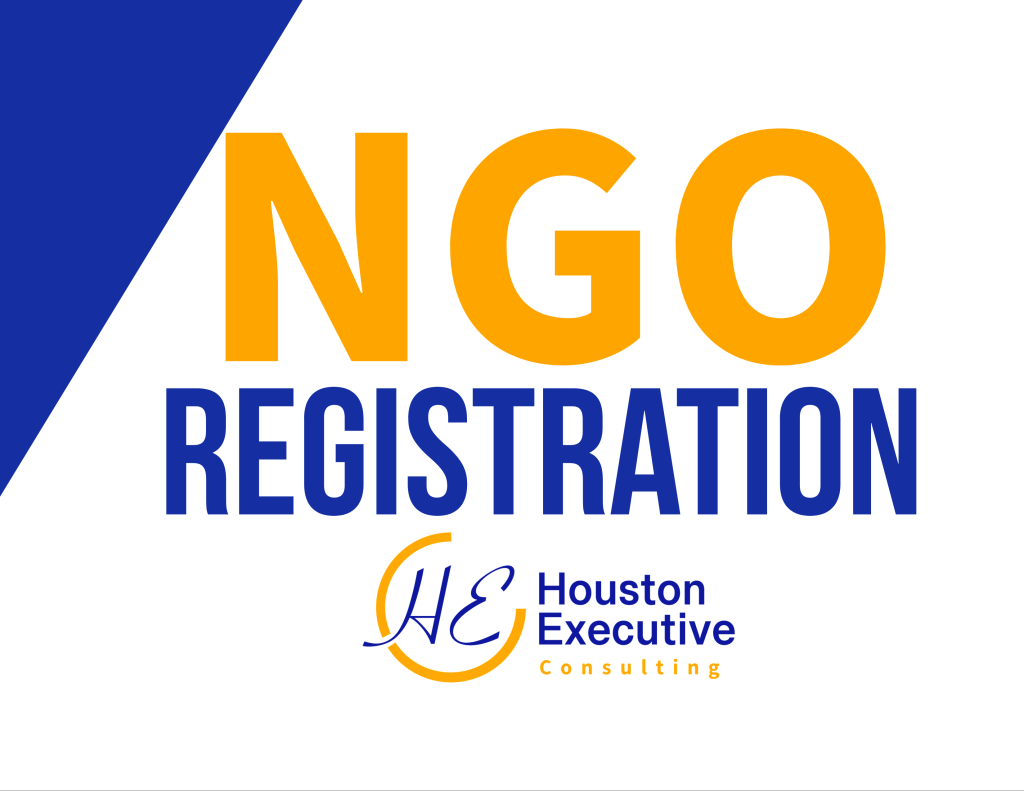Minimum Wage in Uganda – The Long Awaited Legislation
If you’re interested in seeing a minimum wage in Uganda, you may be disappointed to know that despite the Minimum Wage Bill being passed by Parliament in February 2019, it was ultimately disallowed by the President in August of the same year.
A minimum wage is the lowest payment that employers cans legally pay their workers. It is also known as the “price base” below which an employee may not accept to sell his or her labour.
By the end of the 20th century, most countries had implemented minimum wage legislation. This required employers to adhere to the lowest legally mandated hourly, daily, or monthly wage.
It is established by government regulations or laws and is intended to ensure that workers receive a fair and decent wage for their labor. The specific minimum wage rate can vary from one jurisdiction to another, as it is often determined by factors such as the cost of living, economic conditions, and political considerations.
In Uganda, it has been quite a while since the lowest wage permitted by law was established. Up to 2021, the minimum wage in Uganda has been UGX 60,00 (About USD 1.6) per month which had been the last set in 1984. Uganda Is Still Not Party to The Ratifications of C131 – Minimum Wage Fixing Convention, 1970 (No. 131).
If ranked by minimum wage, Uganda is number 121 of 197 something that pushed the country to the bottom percent of all countries based on the yearly minimum wage rate.
After several years, this minimum wage structure no longer adequately reflects actual labour market trends or the economic development of different sectors of activity. I can simply say that there is no minimum wage in Uganda.
It wasn’t until 2019 that the 10th Parliament members made an attempt to establish a minimum wage for Uganda. The wage was set at Uganda shillings 136,000 after the Minimum Wage Bill, 2015 was passed by the parliament. The bill aimed to create a mechanism for determining the minimum wage and preventing employee exploitation.
Parliament was consistent with consideration to prevent the exploitation of workers and provide them with a basic standard of living. By setting a minimum wage, governments aim to guarantee that employees receive compensation that is sufficient to cover essential expenses such as housing, food, and healthcare.Top of Form
In Uganda, the cost of living is increasing, and unemployment rates are also rising. As a result, job seekers who lack skills or have only partial skills are struggling to afford basic necessities. Many people are turning to Arab countries like Jordan, Kuwait, Oman, Qatar, Saudi Arabia, and the United Arab Emirates for employment opportunities.
In countries where trade union movements are strong, Collective bargaining can be a means to fix minimum wages. In these countries, it is easy to find 90 percent of the workforce covered by collective agreements.
Regrettably, most workers in Uganda are not protected by powerful trade unions, resulting in the government being unable to base the minimum wage solely on collective bargaining.
In neighboring countries like Kenya, there are Minimum Consolidated Wages by Region and Occupation. They simplify it by setting a Minimum Wage per Hour, a Daily Minimum Wage, and a Monthly Price Floor.
It is important for employers and investors to prioritize the establishment of fair wages for all workers, regardless of their professional status, skill level, or lack thereof. This will help prevent the exploitation of vulnerable workers such as housemaids, who frequently endure strenuous workloads and mistreatment.
In order to effectively combat labor exploitation in Uganda, a decentralized process led by the Ministry of Gender Labor and Social Development, the Federation of Uganda Employers, the Minimum Wage Advisory Board, workers’ representatives, and management consultants is urgently needed. This coordinated approach would involve negotiating with the executive arm of government and implementing solutions on a higher level.
This process can easily lead to the setting of the minimum wages by sector and/or occupations because such social partners would guide the government on the practicability at a decentralized level but under the general coordination of tripartite coordination at the national level.
Commitment has to start with Ratifications of C131 – Minimum Wage Fixing Convention, 1970 (No. 131). Currently, Uganda is not among the 54 ratifications registered by the International Labour Organization. This came into force at the Fifty-fourth Session on 3 June 1970 in Geneva by the Governing Body of the International Labour Office.
The government has to oblige to just and fair pay for workers who endures extra working hours. In Uganda, the specified Days per week are 6, Hours per week specified are 48.
All Workers in Uganda are entitled to at least 1 day of rest per week (24 consecutive hours) – Section 51 of the Employment Act, 2006. Despite these specifications in the law some employers of unskilled workers and mostly in the informal sector tend to extend working hours with low pay.
With a minimum wage, there is a smile on the faces of those who perform very important tasks but are not well remunerated. These categories of workers include Cleaners, Gardeners, General Workers, House Servants, Children’s ayah, Sweepers, Day watchmen, Messengers, Cooks, Waiters, Miners, Stonecutters, Turn boys, Logger line cutters, Night Watchmen, Machine attendants, Sawmill sawyers, Machine assistants, Mass production machinists, Shoe cutters, Bakery workers, Bakery assistants, Tailor’s assistants, Car driver, Printing machine operators, Bakery machine operators, Plywood machine operators, Sawmill dressers, Shop assistants, Machine tool operators, Dough makers, Table hand bakers, Table hand confectioners, Copy-typists, Light vans drivers, etc.
Conclusion
With the current economic conditions in the country, the government has to set a minimum wage to ensure that workers are paid a fair and livable wage. This helps to reduce poverty, improve economic stability, and promote social justice. While the minimum wage law has faced persistent refusal by the executive, it remains an important tool for protecting the rights of workers and promoting a more equitable society.












